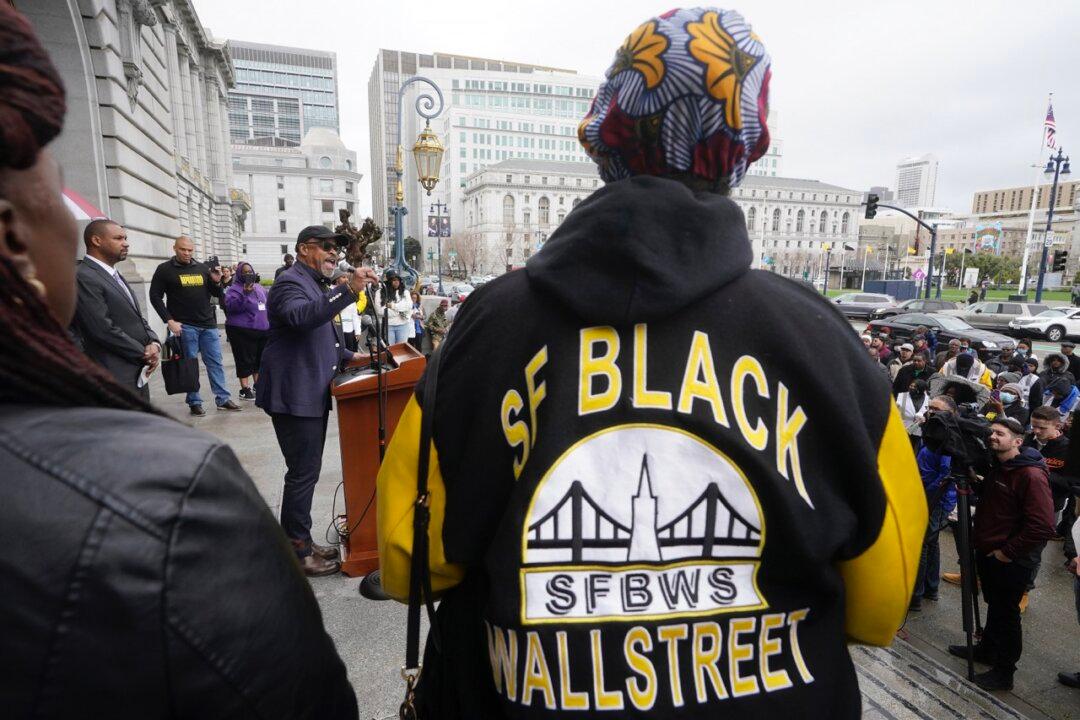A member of California’s Reparations Task Force has downplayed its $800 billion estimated price tag, despite it being three times the state’s existing budget.
Cheryl Grills, a member of the California Reparations Task Force, told CalMatters in an interview, that the total dollar amount was the “least important piece” of their reparations proposal.
The committee is still trying to sort out on what to pay the direct descendants of black slaves in the United States, who live in California.The reparations task force said it consulted five economists and policy experts, to estimate the total amount to be doled out to black residents of the state.





